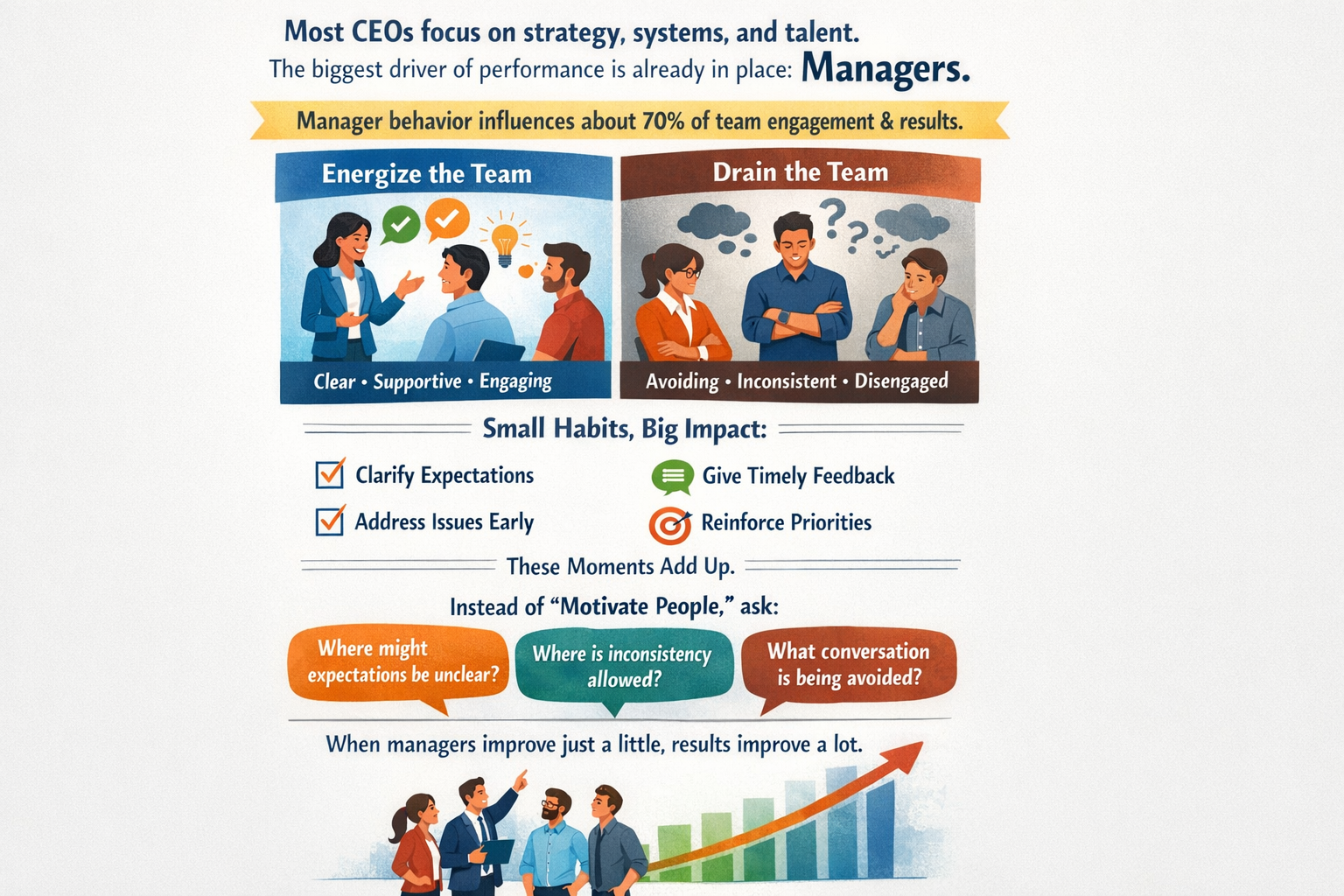Setting and Achieving Clear Goals

Setting clear goals is a foundational skill for effective leadership and personal growth. To harness this skill, leaders should focus on three essential elements: specificity, communication, and perseverance.
Firstly, specificity is key. Ambiguous goals like "improve performance" lack the clarity needed for successful execution. Instead, leaders should define objectives with precision, such as "increase quarterly sales by 15%." Specific goals provide a roadmap for action and empower teams to channel their efforts effectively.
Secondly, communication is the bridge between vision and execution. Leaders must articulate their expectations clearly, providing context and rationale. This enables teams to align their efforts with the overarching goal and fosters a sense of purpose.
Lastly, perseverance is the secret ingredient. Achieving significant results often involves facing challenges and setbacks. Leaders must remain patient and persistent, continuously monitoring progress and adapting as necessary.
In conclusion, clear goals, communicated effectively and pursued with determination, are the cornerstones of success in leadership and personal development. By mastering these elements, leaders can inspire their teams to achieve remarkable results.


